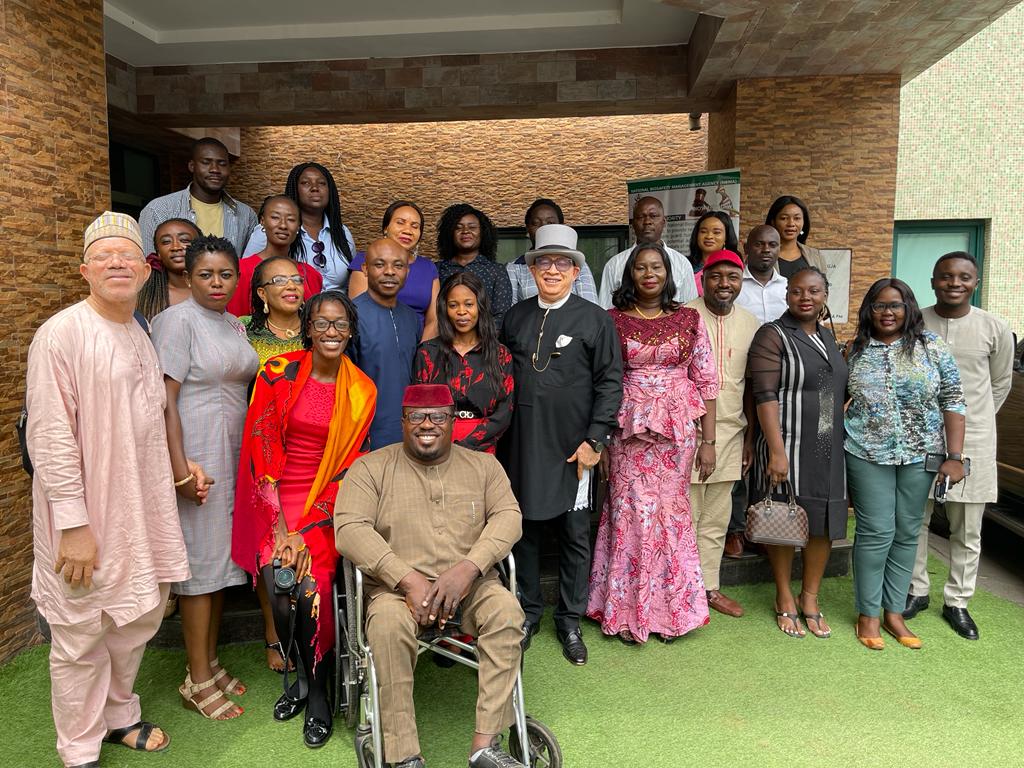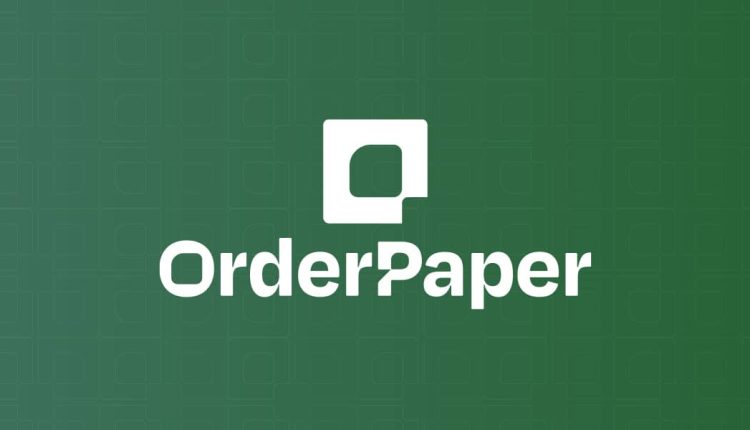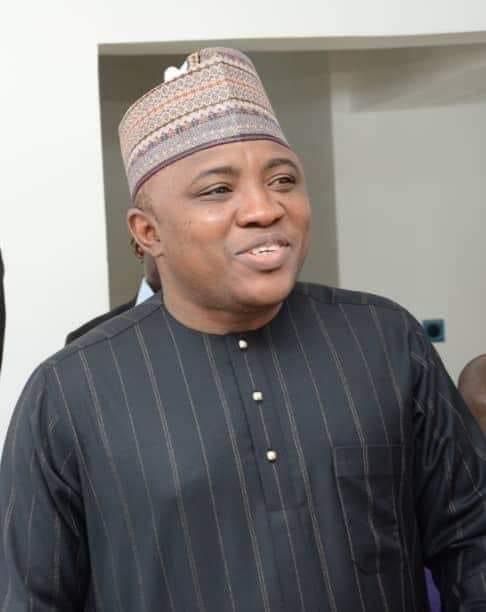The president of National Association of Women Journalists (NAWOJ) Ladi Bala has described Journalists as selfless givers specially chosen by God like pastors and preachers to change mindset of people and mobilise them for good causes.
Bala gave the indication at a stakeholders meeting of the Journalists For Disability Inclusion (J4DI), a voice meant to promote inclusion across the board.
According to her, Journalism is a calling because aside from the priests, and preachers, the next people that I believe that God has saddled with the responsibility of changing the mindsets of people and mobilising them for noble causes are journalists.

“Journalists are the channels because we are neither here nor there, we are in the middle. What we do is to galvanize the whole society for a common cause,” Comrade Bala stated.
She said the society would be waiting to see as the group changes the narrative on national inclusion.
“We are in the middle. And what we do is to galvanize the whole society for a common cause. The politician talks about themselves only what they can do most of the time they talk about what they can do, but inherent, you know in them is what they can get from the society.”
She said journalists are always there to give to the society adding that no one can even pay for the job they do.
“But what do we get journalists? Most of the time we deal with that. And we’re never tired of giving. We’re never tired of chatting the course for the good of all, except we are comfortable with that. And I think of blessing every one of us because of what we do.
“And that is why I say congratulation that you’re a journalist. Never you look down on yourself with what you do. What you do is far beyond what anyone can reward you.
“It is a divine calling and I assure you, when you live for others, that is where you will be.
She said, “When we talk about inclusion when you talk about disability and then a particular demography of the society is being pushed away, it is not being recognized, their rights are not being recognized that dignity, you know, is not even being affirmed. It is a sad narrative.
“That is not a developed society, that is not a society that we all should be proud of. And my joy always has been that I’m a journalist. And I keep saying it that it us a calling for me.
The National Coordinator, Journalists for Disability Inclusion (J4DI), Comrade, Emmanuel Ogbeche appealed to the Independent National Electoral Commission (INEC) to create special registration centres for persons with disability (PWD) for inclusivity.
Comrade Ogbeche who made the appeal at a stakeholders meeting of the Journalists For Development Initiative (J4DI) said what is obtainable at various voter registration centers could be a discouraging factors for excercising their Civic responsibility.
The national cordinator, who is also the Nigeria Union of Journalist (NUJ) FCT Chairman quoted the report, to have indicated that 67,000 Persons With Disability (PWD) have registered with the Commission, stressing that the figures could be higher if conducive environment is made available to persons living with disability.
“When you are talking about 2023, you want inclusion and we talk about 67,000 Plus just registered recently after the last count, if you look at the IMEC data, there is the possibility that among persons with disability that have not been able to register.
They cannot join in the pushing, so creating a point at a distance for them. so we are making an appeal to INEC, to consider setting up special exclusive offices for the community of people”
Founder of Albino Foundation, Mr Jake Epelle, who midwife the process of the J4DI said he was glad that the entity has taken the shape to invest in media works on the advocacy to sensitize and empower the Nigerian population with laws and policies that would guarantee the rights of persons with disabilities and better their activities within the Nigerian political and geographical space.
He emphasized the need for capacity building among members of J4DI to be able to report the issues of inclusion which would be their major preoccupation going forward.



